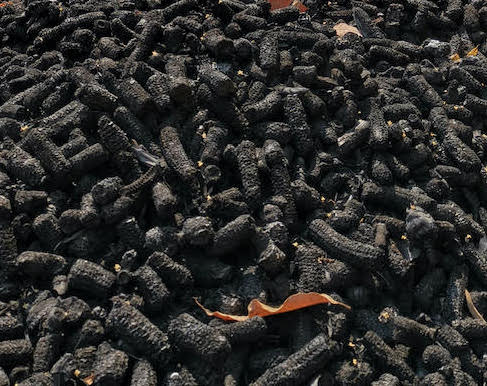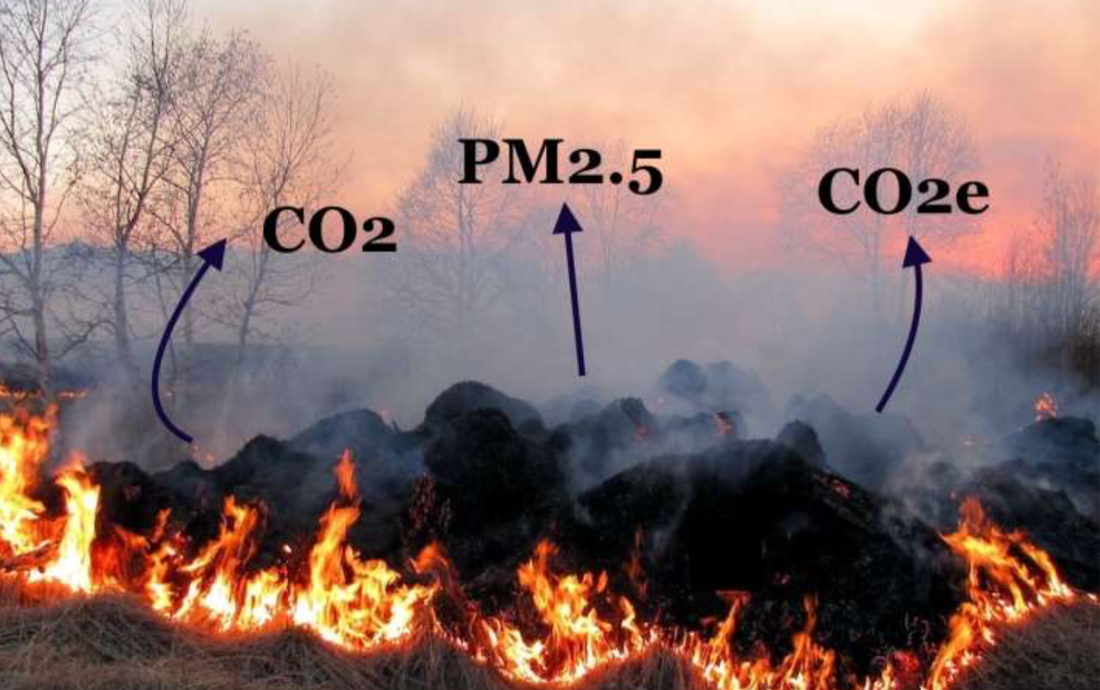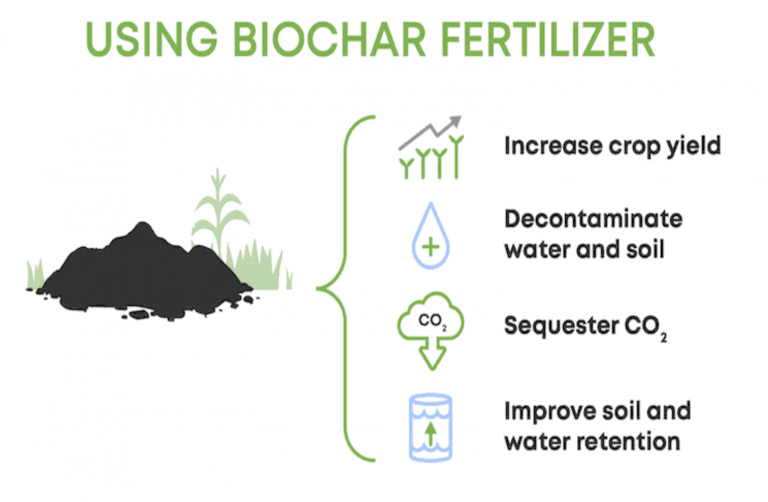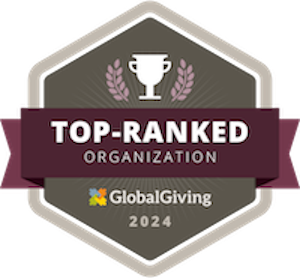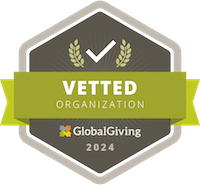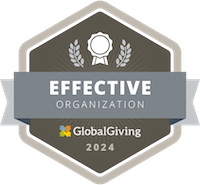What is Biochar?
|
Biochar is a super charcoal made by heating any biomass – for example, corncob, husk or stalk, potato or soy hay, rice or wheat straw – without oxygen. All of the cellulose, lignin and other, non-carbon materials gasify and are burned away. What remains is pure carbon – 40% of the carbon originally contained in the biomass. here to edit.
Is biochar something new?
No, in fact in Amazonia, a great agricultural civilization fertilized poor forest soils with terra preta, the first biochar, to feed tens of thousands of people.
Today, we are rediscovering the value of biochar as the world staggers under climate change, environmental degradation and human poverty. |
How do you make biochar?
Biochar production is a simple process that anyone can do. Warm Heart has designed cheap and easy methods for converting biomass waste into biochar.
The simplest and cheapest method is to dig a hole in the ground. You can also build a cheap biochar oven using an old oil drum, or build a trough.
Whichever method is used, the process is the same, biomass is burned with a lack of oxygen, turning the biomass into biochar, smoke free.
The simplest and cheapest method is to dig a hole in the ground. You can also build a cheap biochar oven using an old oil drum, or build a trough.
Whichever method is used, the process is the same, biomass is burned with a lack of oxygen, turning the biomass into biochar, smoke free.
Why make biochar?
|
Field fires are often smoky, slow smolders burning the residue of crops containing fertilizers fortified with nitrogen and sulphur.
These generate large quantities of greenhouse gases (GHGs) such as methane and the NOxs (nitrous oxides) that are many times more warming than CO2. (Methane has a global warming potential (GWP) of 25, NOx 298!) They also produce large quantities of smog precursors such as ammonia and the SOx (sulphur oxides) that react with sunlight to form smog. |
Problem with open field burning of crop waste
|
Finally, that smoke that blocks the sun is PM2.5 – particulate matter so small that it passes through the walls of the lungs into the bloodstream to wreak havoc throughout the body.
Biochar is pure carbon. While farmers may benefit from using biochar to improve their soil, making biochar and returning it to the earth helps the environment.
When sequestered in the soil it creates a carbon sink. Carbon sinking helps bring down the CO2 levels that contribute to global warming.
Biochar Life works closely with the farmers Warm Heart has trained, encouraging farmers to stop open field crop waste burning and instead create carbon sinks with biochar, providing the farmer additional income through the sale of carbon credits.
When sequestered in the soil it creates a carbon sink. Carbon sinking helps bring down the CO2 levels that contribute to global warming.
Biochar Life works closely with the farmers Warm Heart has trained, encouraging farmers to stop open field crop waste burning and instead create carbon sinks with biochar, providing the farmer additional income through the sale of carbon credits.

